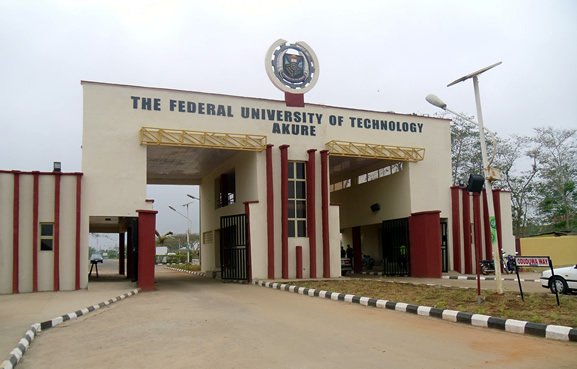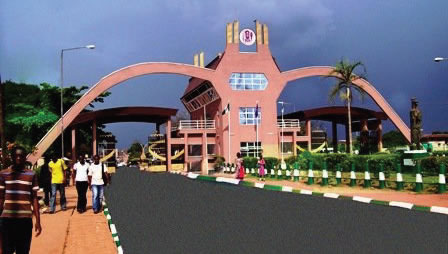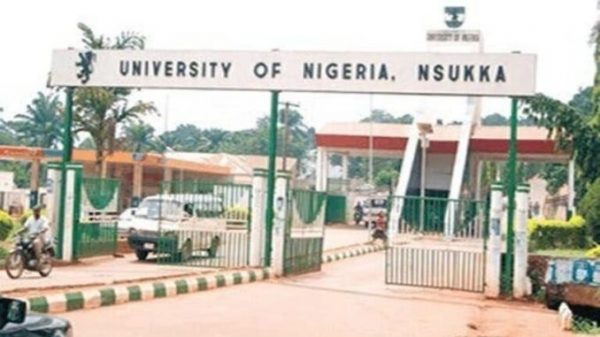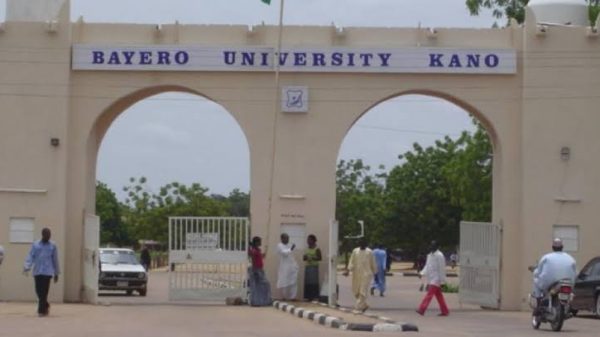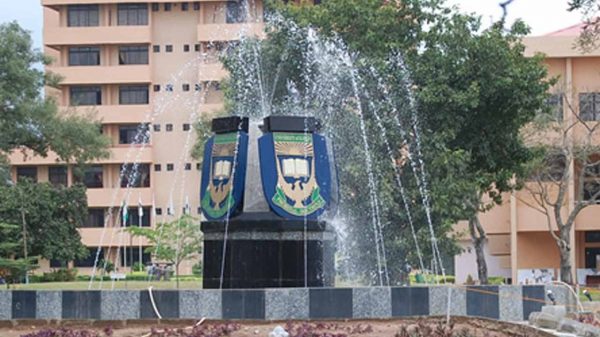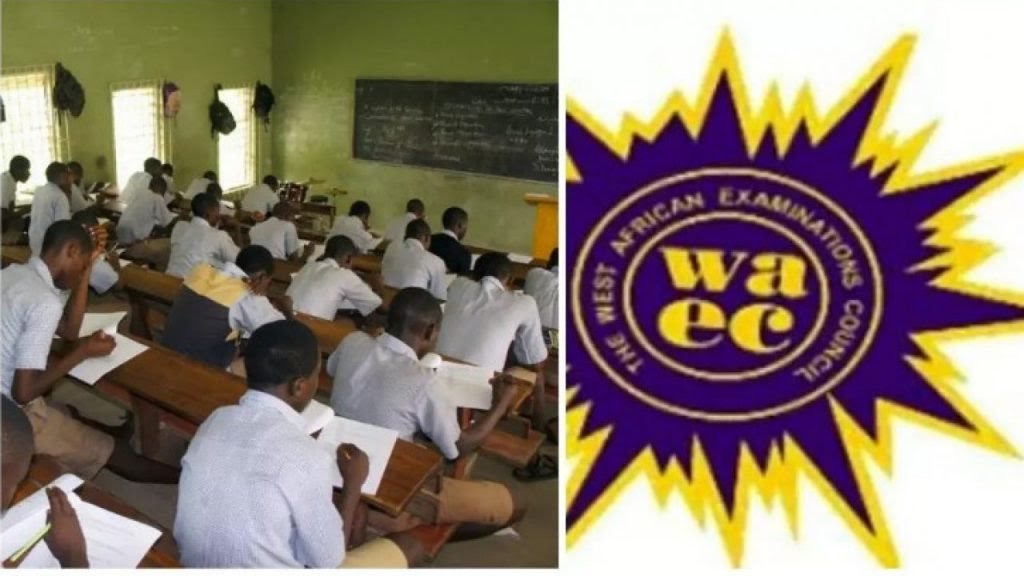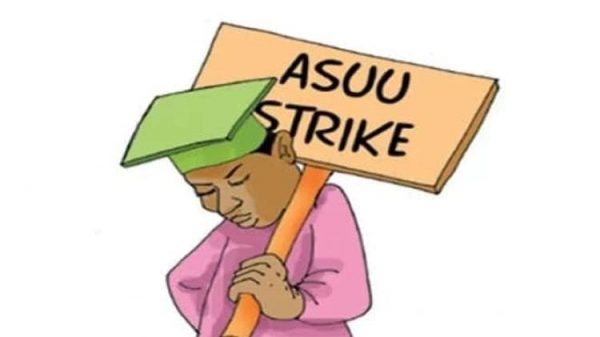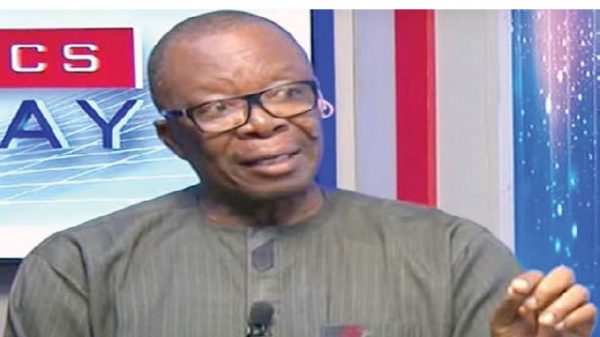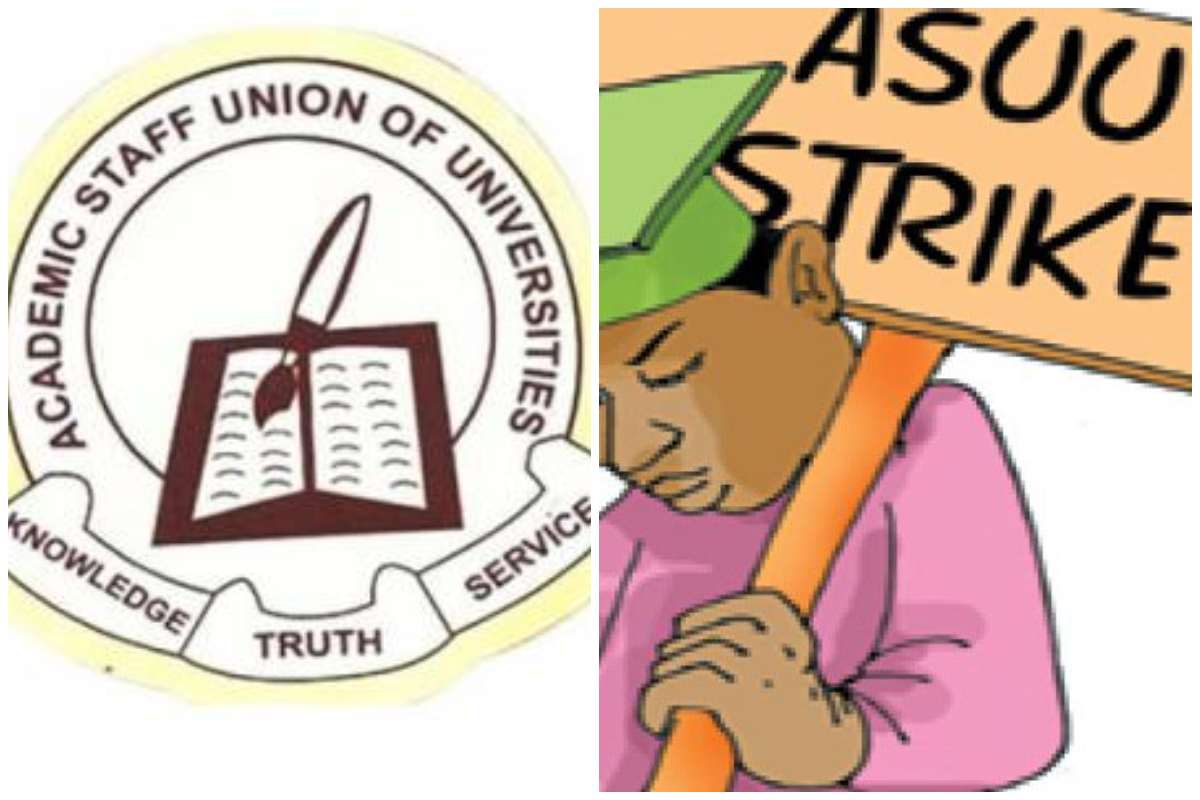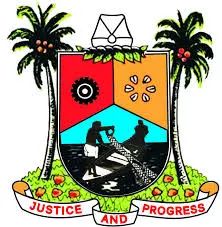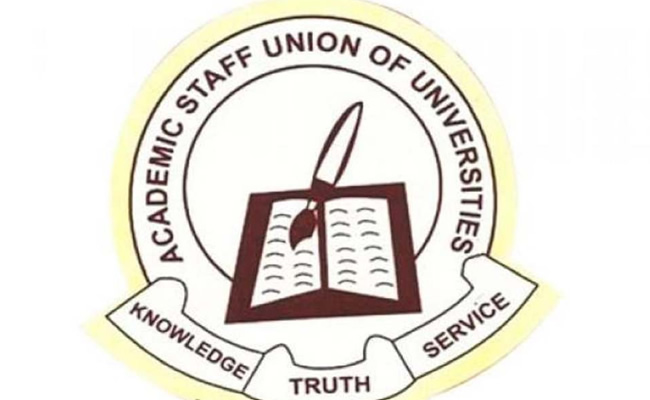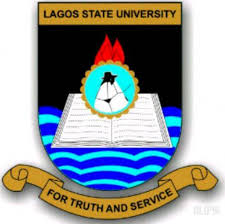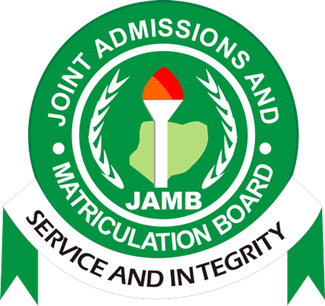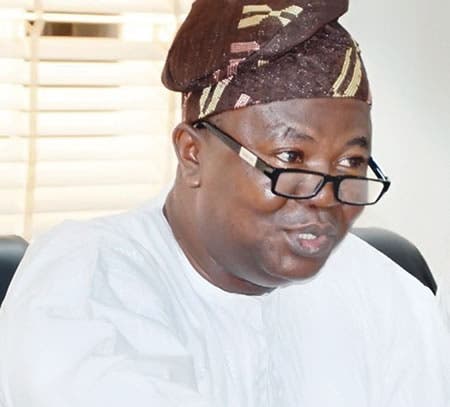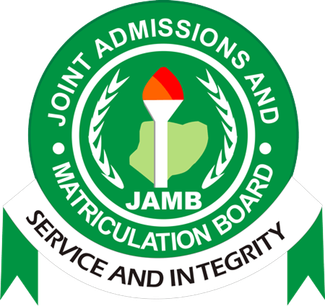The Academic Staff Union of Universities, on Tuesday, lamented that the Federal Government has turned its members to farmers and taxi drivers.
The ASUU accused the Federal Government of a deliberate attempt at impoverishing university lecturers by its blunt refusal to implement the Memorandum of Action signed with the union in 2020.
The coordinator of ASUU Lagos Zone, Comrade Adelaja Odukoya stated this while addressing journalists at the end of the zonal meeting of the Union, held at the Federal University of Agriculture, Abeokuta, Abeokuta, Ogun State.
Odukoya, flanked by the branch chairmen from the zone, said academic members “are being impoverished by the Federal Government.”
The Union tackled members of the National Assembly for earning between N1.5million and N1.3million monthly to the detriment of professors with N416, 000 monthly take-home.
The ASUU Lagos coordinator declared that there is no going back on its planned strike action unless the government meets with its demands.
He lamented poor remuneration of ASUU members, saying the Federal government has turned lecturers into farmers and taxi drivers.
Odukoya in a statement, titled, “Our pay cannot take us home: End poverty wage now,” lamented that Nigerian lecturers are the least paid in the world, describing their salary as a “disgraced which shows the premium which the Nigerian government placed on education in the country.”
He noted that the last time the salary of lecturers was increased was in 2009, accusing the Federal Government of “weaponising” poverty against lecturers.
Odukoya declared that the union is not going back on its planned strike action following government’s failure to meet its demands.
The strike, he said, had become imperative, “given the government’s determination to surrender the Nigerian University System to the rapacious plundering, onslaught and permutations of both short-sighted Nigerian officials and foreign agents of neoliberalism.”
Odukoya also accused the Federal Government of paying lip service to education by poorly funding the sector, poor pay to lecturers, and inadequate infrastructure in tertiary institutions, among others.
About Author


